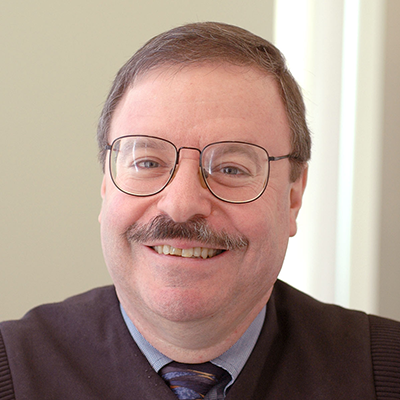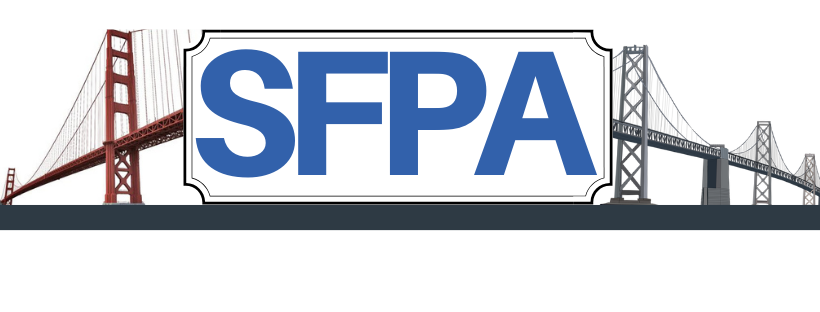ABA Journal
Legal Rebels Podcast
May 16, 2018, 8:00 am CDT
By Victor Li
Legal Rebels Podcast
From paper to digital documents, Judge Andrew Peck traveled (and set) the discovery trail (podcast)

Andrew Peck
For litigators accustomed to conducting discovery inside large warehouses surrounded by hundreds, if not thousands, of cardboard file boxes, combing through several forests' worth of paper to find the few relevant documents was like trying to find the needle in the haystack.
Andrew Peck, a litigator at Paul, Weiss, Rifkind, Wharton & Garrison’s New York City office from 1978 to 1995, when he was appointed U.S. magistrate judge for the Southern District of New York, remembers enjoying those days.
“The Sherlock Holmes enthusiast in me enjoyed looking for the key document, the key piece of paper—and it was always paper—that would blow the case open,” Peck says.
That doesn’t mean he closed himself off to progress. As electronic data became more prevalent in the 1990s, Peck, an ABA Journal Legal Rebels Trailblazer, wrote a line that would be quoted by judges and lawyers for generations to come. “It is black-letter law that computerized data is discoverable if relevant,” he wrote in Anti-Monopoly Inc. v. Hasbro Inc., a trademark dispute brought by the makers of the board game Monopoly against a stylistically similar game that purported to serve as a response to it. It was one of Peck’s earliest decisions from the bench.
When new technology came along that promised to let lawyers navigate the electronic discovery process more quickly and efficiently, Peck did not run from it. In 2011, he was invited to give a talk at the inaugural Carmel Valley eDiscovery Retreat about electronic searches and, during his research, learned more about the process that would be called predictive coding, or technology-assisted review. He was immediately intrigued and wrote “Search, Forward,” an article in the October 2011 issue of Law Technology News about how predictive coding was superior to traditional keyword searches.
“Until there is a judicial opinion approving (or even critiquing) the use of predictive coding, counsel will just have to rely on this article as a sign of judicial approval,” Peck wrote at the time. “In my opinion, computer-assisted coding should be used in those cases where it will help ‘secure the just, speedy and inexpensive’ [quoting from the Federal Rules of Civil Procedure] determination of cases in our e-discovery world.”
Shortly after his article ran, a discovery matter that involved predictive coding came to his desk. Da Silva Moore v. Publicis Groupe & MSLGroup seemed, at first glance, like a run-of-the-mill, employment-gender discrimination case. However, both sides had been willing to use some sort of predictive coding during discovery; they just disagreed about how to go about it, allowing Peck to be the one to issue the kind of judicial opinion approving predictive coding that he’d written about in his article.
After noting that his opinion seemed to be the first to approve of technology-assisted review in e-discovery, Peck tried to assuage the concerns of anyone still skeptical about its validity or acceptability.
“What the bar should take away from this opinion is that computer-assisted review is an available tool and should be seriously considered for use in large-data-volume cases where it may save the producing party (or both parties) significant amounts of legal fees in document review,” Peck wrote. “Counsel no longer have to worry about being the ‘first’ or ‘guinea pig’ for judicial acceptance of computer-assisted review.”
Of course, things don’t always work out so neatly. The Da Silva Moore case kicked around for another three years after Peck issued his groundbreaking opinion. It took many twists and turns. Although Peck’s subsequent opinions on predictive coding, Rio Tinto v. Vale (2015) and Hyles v. City of New York (2016), allowed him to expand on his jurisprudence, he admits that by then he expected use of some sort of technology-assisted review would have been the default position in most e-discovery matters.
He points out that several factors have combined to prevent TAR’s growth, including the billable-hour model; the lack of desire to be first out of the box; and concerns about fighting protracted battles over seed sets, protocols and nonresponsive documents that would negate any cost savings from using TAR.
On that front, he’s optimistic that TAR 2.0 will allay many of those concerns. The newer method uses continuous machine learning and algorithmic updating, so that software can find relevant documents more accurately.
“As people get used to that, there will be more use of TAR,” Peck says. “The case law is such that courts have approved it, so there’s no longer as much fear.”
Indeed, Peck suggests TAR might be more prevalent than one might think, saying that during his last year on the bench, there were more cases in front of him, as well as anecdotal evidence, that parties were agreeing to use TAR more. “It won’t show up in opinions because there’s no dispute,” he says.
Peck, who joined DLA Piper in April, two months after retiring from the bench, says he wants to be remembered for more than his trilogy of TAR cases. He points to several IP disputes he handled, as well as a Fair Labor Standards Act case and a securities class action against supermarket chain Fairway as matters he was particularly proud of.
Because he’s retired from the bench doesn’t mean he’s going to be taking it easy. Peck already has a lot of plans for his new career at DLA Piper, including maintaining an active speaking schedule, consulting on e-discovery matters, arbitrating and mediating disputes, supervising young associates and taking on pro bono cases. He’s also going to indulge in some of his hobbies, including his longtime membership in the Baker Street Irregulars, a Sherlock Holmes literary society, and attending New York Yankees games.
And he’ll be keeping an eye on new developments in e-discovery and technology, including the General Data Protection Regulation, cybersecurity, the “internet of things” and artificial intelligence.
“Obviously, artificial intelligence is something that’s being talked about a lot,” Peck says. “We’ll see if it develops faster than predictive coding and TAR did. Time will tell.”
Download this podcast
In This Podcast:
Andrew J. Peck retired as a U.S. magistrate judge for the Southern District of New York in February. He is now senior counsel in the New York office of DLA Piper.

